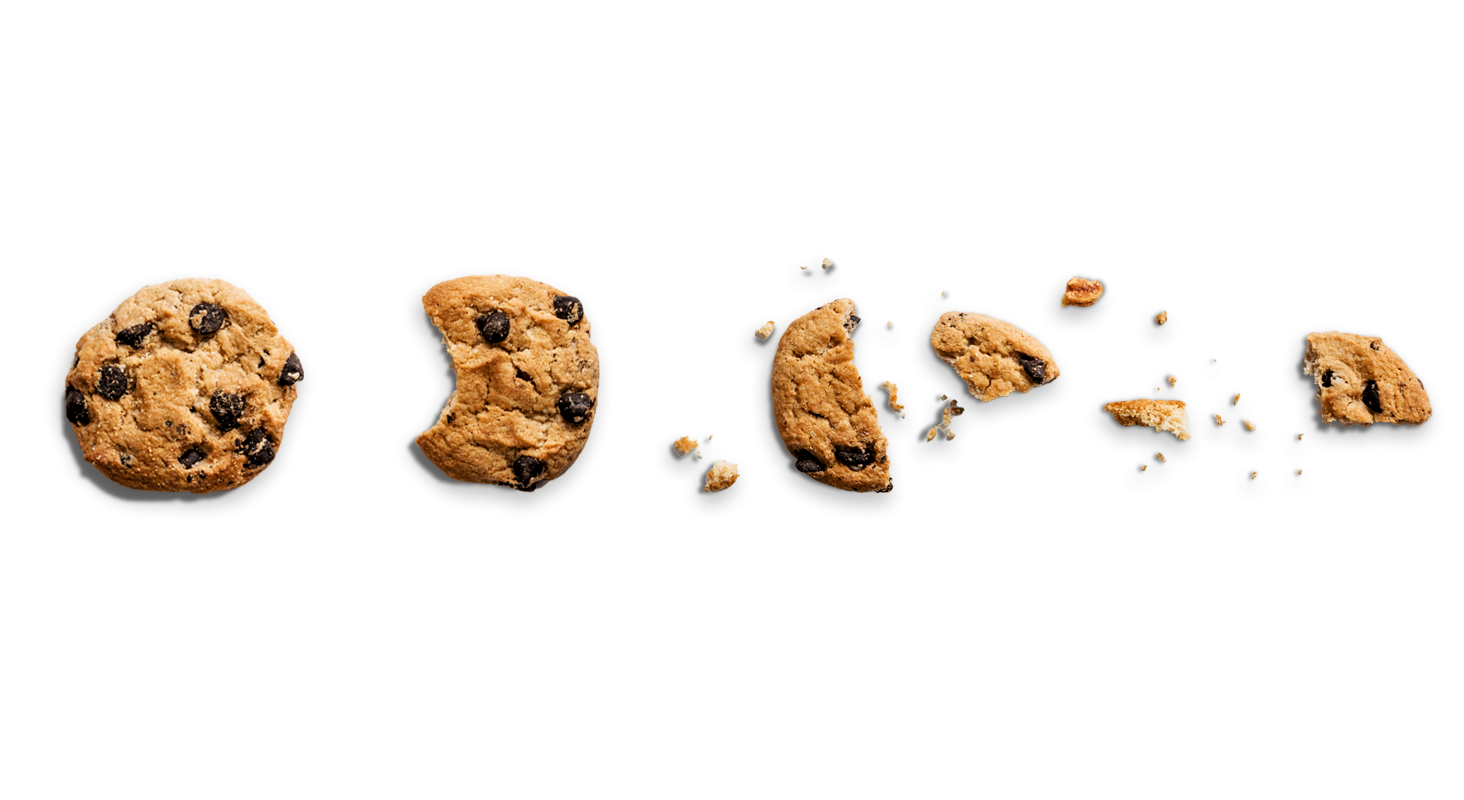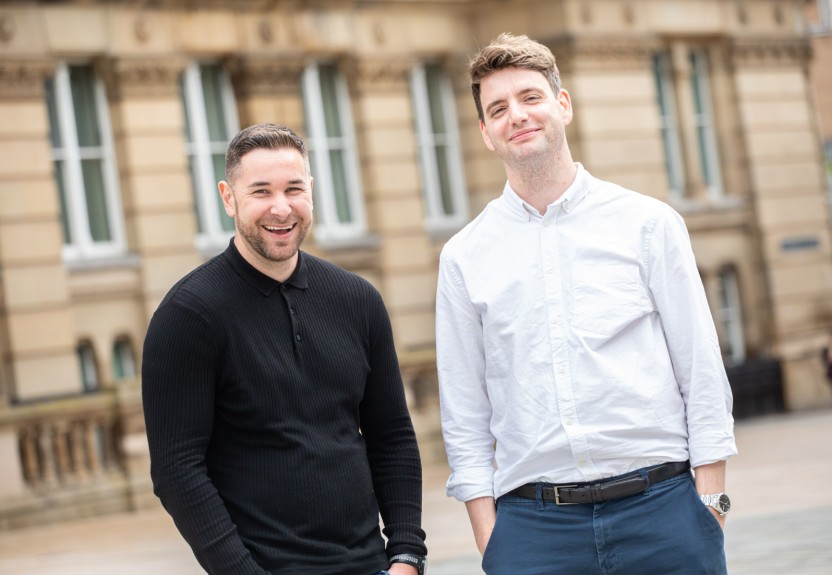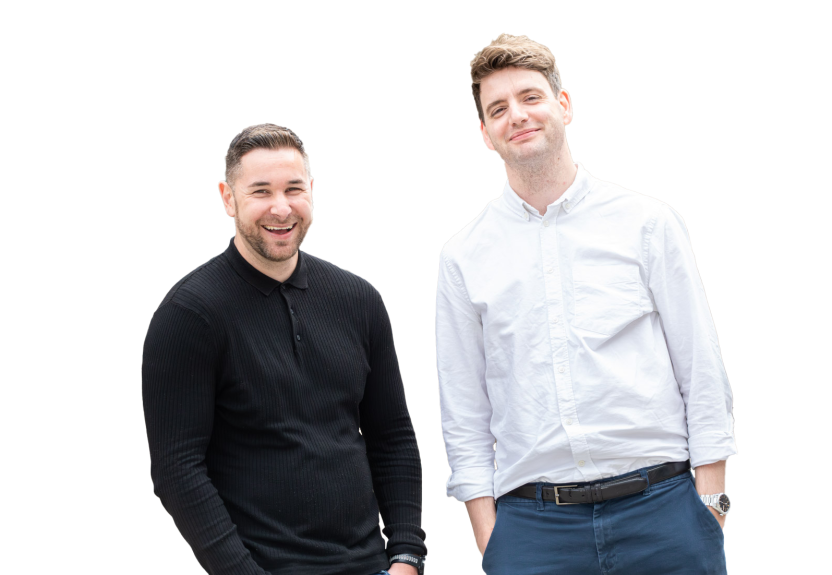A cookieless future is something that we consider both a challenge and an opportunity for the marketing industry. Phasing out third-party cookies will change the way that we target and build audiences. This will result in higher levels of security surrounding audiences’ data as we move to more behaviour-led targeting.
What are cookies and what’s changing?
Cookies are small pieces of data that are stored on a user's device when they visit a website. They are often used to track a user's activity and preferences and personalise the content and ads served to them. There has been a lot of debate and controversy around the use of cookies, with some arguing that they’re an invasion of privacy and that there should be more control over how audience data is collected and used. In response to these concerns, there have been new regulations aimed at giving users more control over their online data, such as the European Union's General Data Protection Regulation (GDPR) and the California Consumer Privacy Act (CCPA). Due to these, big tech companies are also starting to comply and move away from the use of cookies. So, it is expected the future will rely less on third-party data. Audiences that are made up of third-party data will shrink and eventually become irrelevant. This means our focus will be more on first party data and/or new targeting methodology.
Introducing Cohort-Based Advertising
Cohort-based advertising seems to be the front-runner for targeting solutions and involves targeting ads to groups of users who share certain characteristics or behaviours, often based on data collected from their online activity. This approach can be effective because it allows advertisers to tailor their messaging towards relevant audiences who are more likely to be interested in their products or services. We will be keeping an eye out for updates and beta testing in the lead-up to forced industry changes.
How does Cohort-Based Advertising differ to third-party cookies?
- Cohort-based advertising targets anonymised groups of people who share common interests and online behaviour. Whereas cookies track an individual users activity.
- The assigning of cohorts is all done within Google Chrome’s browser, reducing the need of using a third-party server.
- User information is stored locally, keeping the data secure.
Google’s Federated Learning of Cohorts (FLoC)
One of the ways that Google has changed it’s approach to cookies is through FLoC. Instead of using a cookies, Google will track behaviour through an API linked to the browser which will collect anonymous information about a user’s behaviour, interests or browsing habits. They will then be assigned a Cohort ID based on this information, where both websites and advertisers will have access and visibility.
An example of what this might look like could be;
- Every user who came from a Facebook advert in February
- Every user who bought a specific product
- Every user who visited a specific landing page
"People shouldn’t have to accept being tracked across the web in order to get the benefits of relevant advertising. And advertisers don’t need to track individual consumers across the web to get the performance benefits of digital advertising."
- David Temkin, Director of Product Management at Google
What does this mean for the future of cookieless marketing?
Ultimately, it's difficult to predict exactly how the use of cookies and online tracking will change in the future. However, it's clear that there will be ongoing discussions and debates around these issues, and that companies will need to be mindful of consumer privacy concerns as they develop and implement their digital marketing strategies.
Generally, we plan big tech changes well in advance so the impact on our clients and ways of working as an agency is less affected. An example of this is setting up all GA4 profiles across our clients as early as possible so that in 2023 we have true YoY data to compare.
As a digital first agency, we’re well versed in all things digital, so if you need support developing your digital marketing strategy, find out more about our PPC, social media advertising or programmatic advertising services today. Or, contact us for a free consultation.






